 A Superior Spectre is deftly constructed piece of literature. It sits shoulder-to-shoulder with some of the greats. Thematically it is a worthy companion-piece to Angela Carter’s The Passion of New Eve. Structurally it folds like the origami of Italio Calvino’s If On A Winter’s Night A Traveler, and Jennifer Egan’s The Keep. Stylistically it employs some of the fuzzy voice of China Mieville’s This Census Taker, where the who and when of the narrator becomes blended and circular.
A Superior Spectre is deftly constructed piece of literature. It sits shoulder-to-shoulder with some of the greats. Thematically it is a worthy companion-piece to Angela Carter’s The Passion of New Eve. Structurally it folds like the origami of Italio Calvino’s If On A Winter’s Night A Traveler, and Jennifer Egan’s The Keep. Stylistically it employs some of the fuzzy voice of China Mieville’s This Census Taker, where the who and when of the narrator becomes blended and circular.
Author:
A review of The Girl in the Mirror by Jenny Blackford
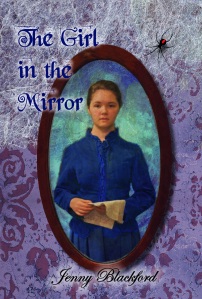 Blackford’s prose is silky smooth and the book reads quickly, driven by its fantasy narrative and the way in which historical detail is covered. Though the story has paranormal overtones, shifting as it does between the two timeframes, and the shapeshifting villain and ghosts that move between the worlds, The Girl in the Mirror is relevant to a 21st century reader.
Blackford’s prose is silky smooth and the book reads quickly, driven by its fantasy narrative and the way in which historical detail is covered. Though the story has paranormal overtones, shifting as it does between the two timeframes, and the shapeshifting villain and ghosts that move between the worlds, The Girl in the Mirror is relevant to a 21st century reader.
A review of Ivory Apples by Lisa Goldstein
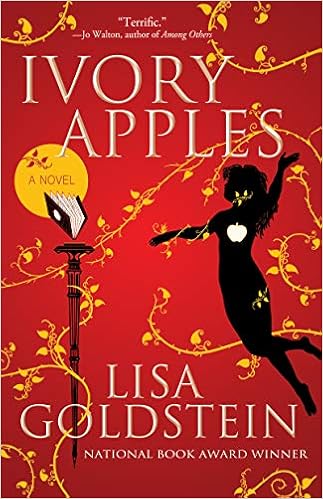 In Ivory, Goldstein has created a place that exists only on its own terms. There is no bridge or overlap; Ivy’s different lives exist side by side. She moves from one to the other with little effort because no effort is necessary. Ivy is able to deal with the chaos that comes with the talent attractive to a muse.
In Ivory, Goldstein has created a place that exists only on its own terms. There is no bridge or overlap; Ivy’s different lives exist side by side. She moves from one to the other with little effort because no effort is necessary. Ivy is able to deal with the chaos that comes with the talent attractive to a muse.
Interview with Sybil Baker
 Sybil Baker’s latest novel is While You Were Gone (IPPY Silver Medal). In this interview with novelist Ketaki Datta, Baker talks about balancing the demands of writing and teaching, about living in Chattanooga, her students and their impact on her work, her plot and character development, on the integration between showing and telling, and lots more.
Sybil Baker’s latest novel is While You Were Gone (IPPY Silver Medal). In this interview with novelist Ketaki Datta, Baker talks about balancing the demands of writing and teaching, about living in Chattanooga, her students and their impact on her work, her plot and character development, on the integration between showing and telling, and lots more.
A review of Everything Inside by Edwidge Danticat
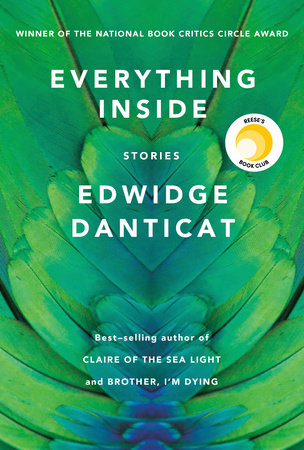
An interview with Douglas Cole
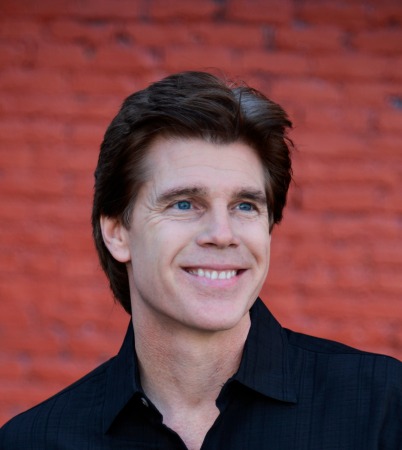 The author of The Blue Island and many other poetry collections talks about his work, the influence of being a resident of Washington, why he loves poetry, his awards, and more.
The author of The Blue Island and many other poetry collections talks about his work, the influence of being a resident of Washington, why he loves poetry, his awards, and more.
A review of The Theory of Flesh by Francine Witte
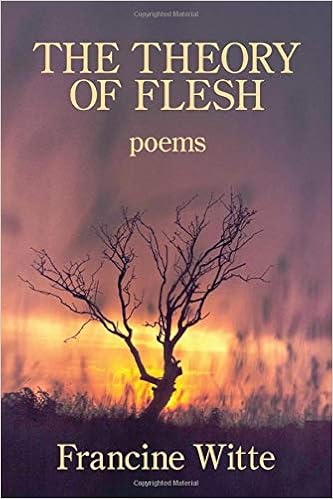 Like a scientist of existential torment, with a Ph.D. in Angst Studies, Francine Witte spells out the origins of regret, heartbreak and loss in this comprehensive, tender collection of poems.
Like a scientist of existential torment, with a Ph.D. in Angst Studies, Francine Witte spells out the origins of regret, heartbreak and loss in this comprehensive, tender collection of poems.
An Interview with David Puretz
 The author of The Escapist talks about the inspiration for his new novel, on self-reflexiveness, metafiction, metanarration, Paul Auster and other influences, on the frame narrative structure, his setting, experiment and contemporary lives, and lots more.
The author of The Escapist talks about the inspiration for his new novel, on self-reflexiveness, metafiction, metanarration, Paul Auster and other influences, on the frame narrative structure, his setting, experiment and contemporary lives, and lots more.
New giveaway!
 We have an autographed copy of The Espionage Act by Jennifer Maiden to give away.
We have an autographed copy of The Espionage Act by Jennifer Maiden to give away.
To win, sign up for our Free Newsletter on the right hand side of the site and enter via the newsletter. Winner will be chosen by the first of January from subscribers who enter via the newsletter.
An interview with Elliot Perlman
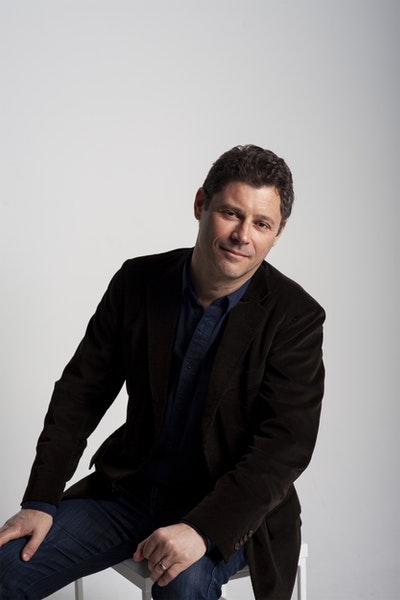 The author of Three Dollars talks about his new work and its origins, on writing about sexual harassment, on the times we live in, his characters and his real life experiences in law, tips for writers, and lots more.
The author of Three Dollars talks about his new work and its origins, on writing about sexual harassment, on the times we live in, his characters and his real life experiences in law, tips for writers, and lots more.